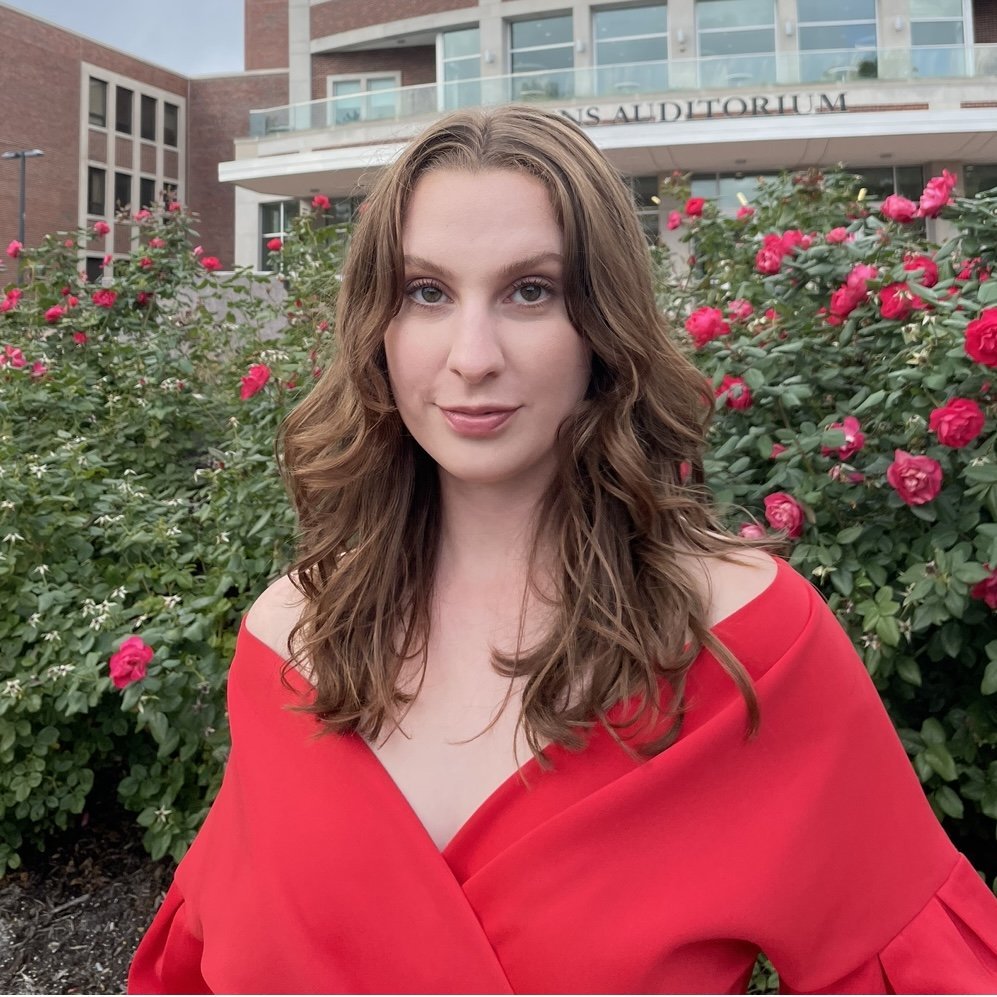Artwork by Griffith Williams
Derek Spencer spent over eight weeks working directly with a small group of freshmen and sophomore acting students from Ball State University to create FURY. FURY is an adaptation of the classic Greek tragedy The Eumenides for a contemporary context. Spencer and his ensemble of BSU acting students used physical theater, immersive performance techniques, and improvisation to examine the role of anger in judicial reform. The play sets the scene as Athena gathers her jury for the first ever trial, the Furies, ancient gods of anger, eagerly await the execution of the matricidal Orestes. True justice, however, shows to be more complicated than a simple verdict.
Originally devised with the ensemble and performed in an ornate Masonic temple, Fury asks audiences to examine their own relationship to justice, reform, and authority.
Special thanks to Veronica Santoyo (without whom this project would not have happened), Kerry Lee Chipman, Laura Williamson & Muncie Civic Theater, Josh Ice, Nick Shelton, Blake Thomas, Cortni Baughman, Rob Jordan, Allison Bell, and all the supportive staff at Cornerstone Center for the Arts.
Pictured: Graycee Butler as Electra and Bryce Miller as Orestes. Photo by Erin Williams.
Director’s Statement
Ritual is an invitation for the natural world to play a role in human drama. It is an embrace of the oh-so-human fixation on symbols. To perform a ritual, members of a group need not interpret the signs in precisely the same way – they need only know how to form the signs. The usefulness of ritual is not in its correctness, but in its predictability and communality.
The Eumenides by Aeschelyus is a “founding myth” of justice. It is a story about the unreasonable emotions of individuals giving way to the objective rationality of an institution. Read two thousand years later, however, the judicial arguments in the text appear anything but rational. When I read this play, I am always struck by how alien the beliefs and rites are. Justice itself turns out not to be a forgone logical truth but just another ritual, subject to the relative cultural position of its adherents.
We stage our adaptation of The Eumenides in the context of a Mystery Cult, ancient religious societies that would perform various rites and ceremonies. We frame the mythological characters as roles to be taken on, and the foundation of justice as cyclical and renewable. We add to the play a killed and disillusioned Agamemnon, an Electra trapped by grief even after her father has been avenged, and a Cassandra forced to tell the story of her tormentors night after night. We do this all in an attempt to embrace the Dionysian implications of what Athena has done. In enshrining Fury and putting justice in the hands of mere mortals, she has unleashed the emotional and the arbitrary, making chaos king.
In the troughs between waves of symbolic meaning, where myth fades, we see clearly that we only have each other: no gods, no heroes, just people. The blind must lead the blind, there is no other way.
Pictured: Maggie Kryszn as Athena. Photo by Erin Williams.
Cast & Crew








Not pictured: Maria Reyes as Assistant Director, Victoria Sills as Lighting Designer, Bryce Miller as Orestes, and Kyle Roth as Agamemnon.
Full List of Performance Dates
Thursday, April 21, 2022 // Cornerstone Center for the Arts, 7:30pm
Friday, April 22, 2022 // Cornerstone Center for the Arts, 7:30pm
Saturday, April 23, 2022 // Cornerstone Center for the Arts, 7:30pm
Sunday, April 24, 2022 // Cornerstone Center for the Arts, 7:30pm
Pictured: Marisa Dean as Clytemnestra and Emily O’Flaherty as Cassandra. Photo by Erin Williams.
Works Cited
Fury was originally devised by the ensemble and is a loose adaptation of The Eumenides by Aeschylus. This performance is indebted to the following written works:
The Oresteia by Aeschylus (translated by Robert Fagles)
The Oresteia by Aeschylus (translated by David Grene & Richmond Lattimore)
An Oresteia by Aeschylus, Euripides, & Sophocles (translated by Anne Carson)
The Birth of Tragedy by Friedrich Nietzsche
EEG by Daša Drndić
The World Goes On by László Krasznahorkai
Waterfront Wasteland Medea Material by Heiner Müller
ABC by Heiner Müller
4.48 Psychosis by Sarah Kane
Homo Sacer by Giorgio Agamben
Contingency, Irony, and Solidarity by Richard Rorty
Paradise: On-Earthly Dilemmas by Rebecca Ariel Porte






